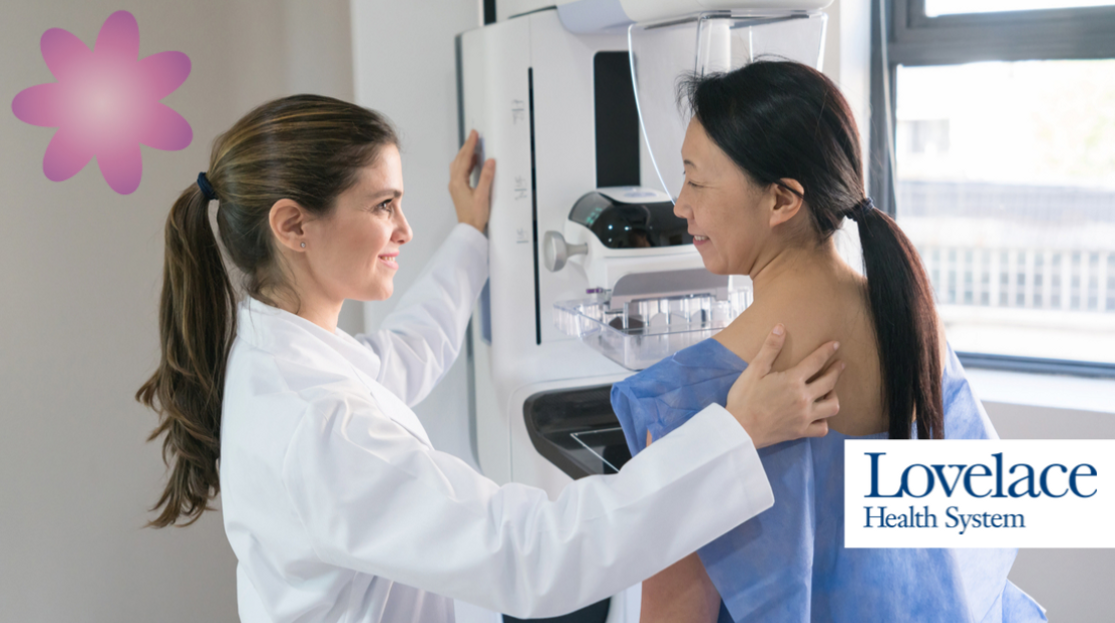
Breast health begins with a sense of what is normal for your breasts, also known as breast awareness. To promote breast health, consider doing regular breast self-exams. With practice, you will discover how your breasts vary in sensitivity and texture at different times during your menstrual cycle.
For many women, breast health includes concerns about breast lumps, breast pain or nipple discharge. Know what is normal and when to consult your doctor. It is also important to understand common screening and diagnostic tests for breast health, such as clinical breast exams, mammograms and breast ultrasounds.
Among younger women, common breast problems include fibrocystic breast disease, a noncancerous condition characterized by breast pain, cysts, and lumps); and fibroadenomas, small bumps of fibrous and glandular tissue that can be painful.
The reality is that every woman is at risk for breast cancer, and this risk tends to increase over time. It’s important to understand and regularly update your health information related to breast cancer risk throughout your life with your doctor. To get the conversation started, here are some points to talk to your healthcare provider about:
• Family history of breast or other related cancers
• Any test results for abnormal genes linked to a high risk of breast or other cancer
• Results of past breast biopsies, even if they were benign
• Personal history of being treated with radiation to the face and/or chest before age 30
• Breast density
• Weight- if you’re overweight or obese
• Level of physical activity
• Any use of postmenopausal combined hormone replacement therapy (HRT)
• Alcohol consumption, if you regularly drink more than 7 alcoholic beverages per week
• The amount of processed food and trans fats you eat
• Your smoking history
• Whether or not you had a full-term pregnancy or breastfed
Breast cancer screening guidelines from the American Society of Breast Surgeons (ASBrS) say:
• All women age 25 and older should have a formal risk assessment for breast cancer.
• Women with an average risk of breast cancer should start annual screening mammograms at age 40.
• Women with a higher-than-average risk of breast cancer should start annual screening mammograms at an earlier age and should be offered additional imaging each year.
If you’re at high risk for breast cancer, you should talk to your healthcare provider about starting annual mammograms at a younger age and consider other screening tools (such as MRI or ultrasound) to maximize the opportunity for early detection. While the search for better ways to fight breast cancer is ongoing, there are currently three methods to detecting breast cancer early:
3D Mammogram: Women age 40 and older should have a 3D mammogram every year. While 3D mammograms can miss some cancers, they are still a very good way to find a very small breast cancer.
Clinical Breast Exam: Beginning at age 20 women should have a breast exam by a health expert yearly.
Breast Self-Awareness Exam: All women should do monthly self-awareness exam to familiarize themselves with what is normal for their breasts. Although most breast lumps are not cancerous, a breast lump may be the only physical sign of breast cancer.
Talk to your healthcare provider immediately if you notice any of the symptoms below or become aware of any change in feel, appearance or shape of the breasts. The most common symptoms of breast cancer are listed below:
• Lump, hard knot or thickening
• Swelling, warmth, redness or darkening
• Dimpling or puckering of the skin
• Blood or Clear Fluid Nipple Discharge
• Itchy, scaly sore or rash on breast
• Nipple discharge that starts suddenly
• New pain that doesn’t go away
Remember that early detection is the best protection against breast cancer. To schedule a mammogram or get general breast health information and resources, visit https://lovelace.com/mammo
References
Clinic, M. (2019). Healthy Lifestyle Womens Breast Health . Retrieved from www.mayoclinic.org
Cure, K. f. (2019 ). Breast Cancer Warning Signs . Retrieved from www.komen.org




